Recent Posts of Budget
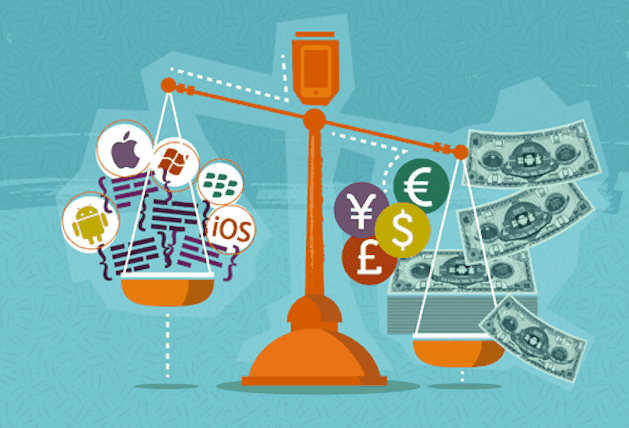
07 October, 2013
The mobile apps business is maturing and while most of the media attention is still focussed on the latest app store success stories, developers are finding lots of better ways to make revenue with their apps. Considering all revenue sources, which categories of application are generating the most money and what’s the competition like on each platform?

24 July, 2013
Creating versions of an app for multiple platforms (at least iOS & Android) is an increasingly common requirement. Building and maintaining native code for every platform supported is both difficult and expensive. Cross-Platform Tools (CPTs) offer a solution to this problem by enabling sharing of code across platforms and in many cases a single code base can target multiple platforms. With such significant cost savings available, why don’t all developers use CPTs?

25 June, 2013
Making money from your app is really difficult. Pricing is intuitively an important part of the potential of any app. Price too high, and you price yourself out of the market, but price too low, and you’re leaving preciously needed money on the table. Michael Jurewitz comes to the rescue! In a five part blog post series, the Apple veteran explains the ins and outs of app pricing, tackling crucial issues like differentiation, pricing power, price elasticity and a practical plan to optimise prices based on your app’s data.
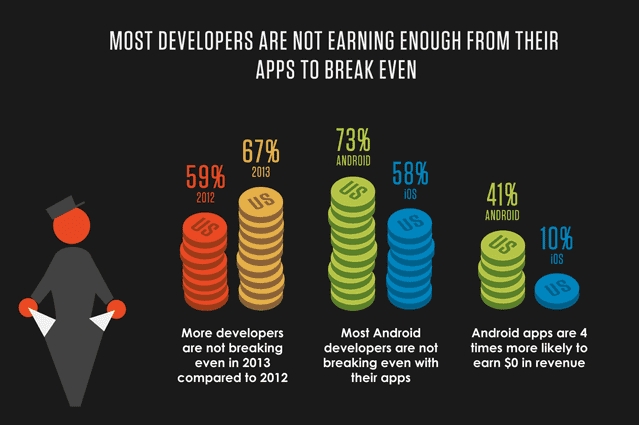
10 June, 2013
4 out of 5 developers admit that their app doesn’t make enough money to be considered a standalone business. 2 out of 3 doesn’t break even. And yet there is hope.
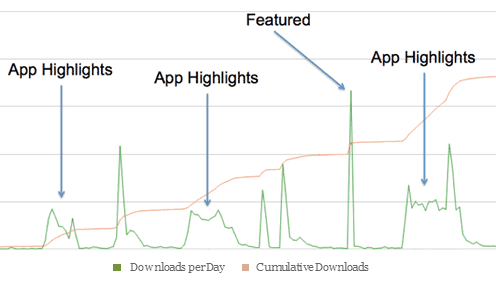
27 May, 2013
John Cooper, founder of Pyxis Ventures, shares his personal experiences with promoting apps.

14 May, 2013
Using a Backend-as-a-Service (BaaS) can reduce development cost and time-to-market. It’s a simple way of getting a highly scalable backend solution without significant upfront investment. In a world where an app that hits the store top charts might gain more than a million new users before you complete your next iteration of development this is worthy of serious consideration.
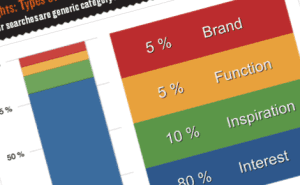
29 April, 2013
There’s been much talk about App Store Optimizations (ASO) and tools are emerging to get that extra attention in app store search rankings. The good folks at XYO have been studying app search behavior since 2010. Recently, they talked to all the major ASO companies and got their feedback for their presentation on the topic. In this guest post, they’re happy to share the comments of ASO players and their own insights on the state of ASO.
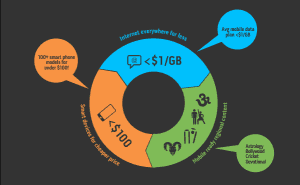
26 April, 2013
The world is getting ‘App’ified – and India is entering the fray at full force! With India rapidly growing as a major app destination, it is important to understand the underlying drivers of this rapidly growing ecosystem. Is there an “apportunity” for your app in India?

22 April, 2013
The “write once, run anywhere” concept may be pure fantasy for most apps but sharing code across platforms is desirable and in some cases essential to making projects economically viable. With the application frameworks for all the biggest platforms being in different languages, the market for Cross-Platform Tools (CPTs) to enable code reuse is understandably the largest one (in terms of number of competing solutions) we track. The time required to evaluate all of them is far beyond what most developers can afford to spend on such research. So, which tools are the best?

09 April, 2013
How do app developer revenues vary by country, or platform? Does the number of platforms make a difference to app revenues? Which models bring in the most revenues? We revisit Andreas Pappas’ November analysis of app monetisation with more insights from our Developer Economics 2013 survey across 3,400+ developers.